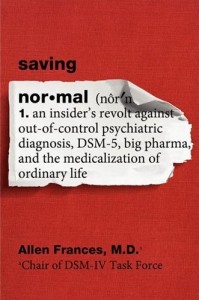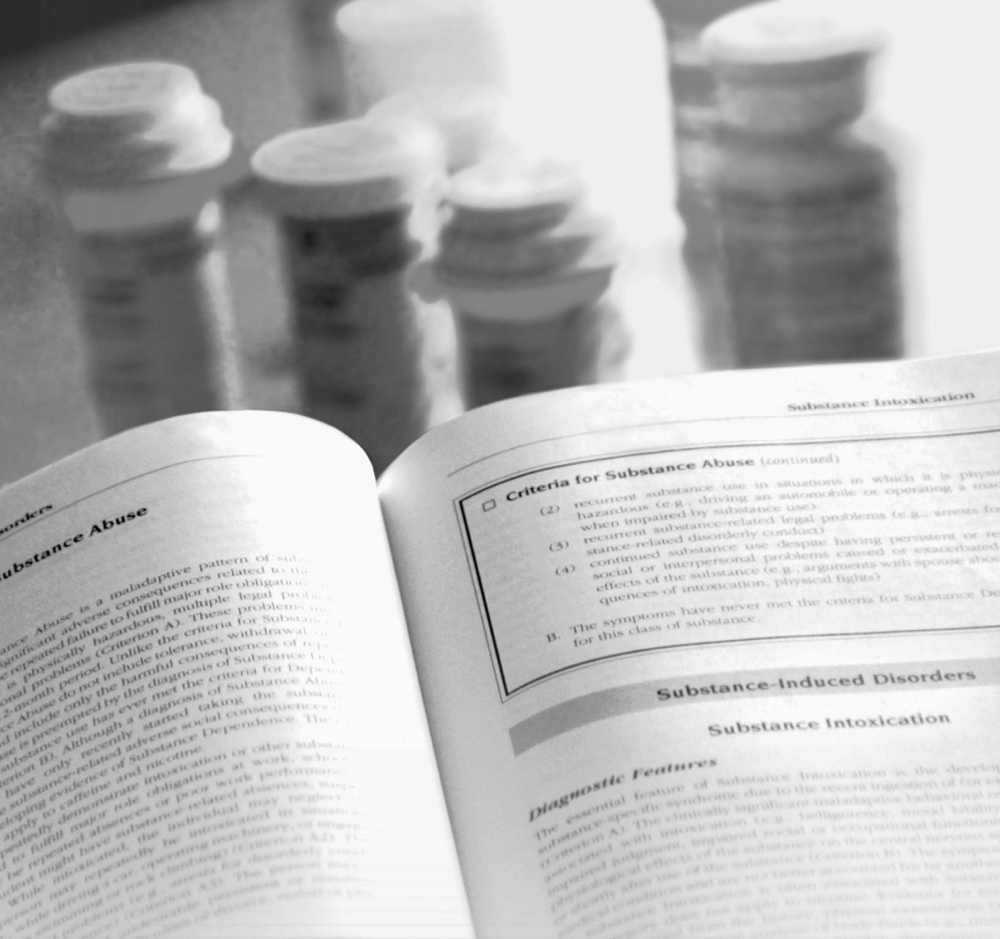Particular psychiatric diagnoses have not escaped professional criticism. Wishing to make a name for themselves as psychiatrists, “critics” object to one or another diagnosis (homosexuality)—or to “overdiagnosis” (ADHD)—but continue to respect the American Psychiatric Association (APA) as a scientific organization and regard the various incarnations of the DSM as respectable legitimating documents. This is dishonest. Confronted with the DSM, the challenge we face is to delegitimize the authenticators, the APA and DSM, not distract attention from their fundamental phoniness by ridiculing one or another “diagnosis” and trying to remove it from the magical list.
I have consistently rejected this piecemeal approach. In my essay “The Myth of Mental Illness,” published in 1960, and in my book with the same title that appeared a year later, I stated my view forthrightly. I proposed that we view the phenomena conventionally called “mental diseases” as behaviors that disturb others (or sometimes the self), reject the image of “mental patients” as helpless victims of patho-biological events outside their control, and refuse to participate in coercive psychiatric practices as incompatible with the foundational moral ideals of free societies. In short, I rejected the authority of the APA as a legitimating organization and of the DSM as a legitimating document. I believe nothing less can undo the mischief wrought by the successive editions of the “psychiatric bible.”



